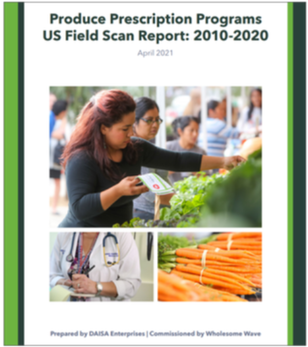
Wholesome Wave, a national 501(c)3 non-profit that addresses nutrition insecurity by making healthy produce available and affordable for people who need it most, released the first-of-its-kind research report, “Produce Prescription Programs: US Field Scan 2010-2020.” Wholesome Wave engaged DAISA Enterprises in 2020 to conduct the national field scan research.
“Wholesome Wave helped pioneer produce prescriptions back in 2010, encouraging healthcare providers to prescribe the fruits and vegetables needed to help someone prevent or manage diet-related diseases, having a significant impact on people’s health,” said Michel Nischan, co-founder, Wholesome Wave. “We’ve worked hard the last eleven years to launch more than 100 Produce Prescription Programs around the country, empowering low-income families to make smart food choices by closing the nutrition gap with affordable fruits and vegetables.”
DAISA identified and researched more than 100 new Produce Prescription Programs which began between 2010-2020 for this report, examining data related to program eligibility and operations, partnership development, program longevity, prescription redemption mechanism, funding sources and more, as well as conducting interviews with 19 of the program operators and reviewing news articles, reports and policy briefs and program implementation guides.
High-level research findings include:
“The role that nutrition education plays increasing redemption and produce utilization underscores the importance of embedding produce prescription programs holistically,” said Benjamin Perkins, CEO, Wholesome Wave. “This research showed that 70% of programs named nutrition education or culinary instruction as a crucial component to this program as a whole. Similar to medication adherence, if we do not factor in the context in which participants live their lives, the likelihood of uptake diminishes.”
The DAISA team is grateful to play a role in advancing the understanding of the Produce Prescription Program landscape and why this powerful model is experiencing a groundswell of interest from communities as another path towards health and well-being through nutritious food.
“Wholesome Wave helped pioneer produce prescriptions back in 2010, encouraging healthcare providers to prescribe the fruits and vegetables needed to help someone prevent or manage diet-related diseases, having a significant impact on people’s health,” said Michel Nischan, co-founder, Wholesome Wave. “We’ve worked hard the last eleven years to launch more than 100 Produce Prescription Programs around the country, empowering low-income families to make smart food choices by closing the nutrition gap with affordable fruits and vegetables.”
DAISA identified and researched more than 100 new Produce Prescription Programs which began between 2010-2020 for this report, examining data related to program eligibility and operations, partnership development, program longevity, prescription redemption mechanism, funding sources and more, as well as conducting interviews with 19 of the program operators and reviewing news articles, reports and policy briefs and program implementation guides.
High-level research findings include:
- Between 2010 and 2020, about 100 new programs housed within or partnering with healthcare entities began operations throughout the United States, with the fastest growth occurring within the last five years.
- To redeem prescriptions, 48% of programs partner with farmers’ markets and 68% utilize a paper voucher. However, partnership with retail grocery markets (29%) as well as on-site produce distribution (20%) are also growing in popularity as programs seek to diversify access.
- The top three health factors used to screen eligible produce prescription patients include food insecurity (38%), unspecified diet-related chronic diseases (51%), and diabetes/pre-diabetes (33%). To increase equity and access, many programs are shifting away from requiring a diagnosis of a diet-related condition and instead screening more broadly for food insecurity or being at risk for diet-related disease.
- Inconsistent or insufficient funding leaves programs at risk of failure and hinders efforts to grow and innovate. With only 16% of the examined programs citing federal funding as their primary source, there is a resounding call to integrate produce prescriptions as a preventative healthcare service within Medicare, Medicaid, and insurance plans.
- The pandemic has exacerbated food insecurity especially within BIPOC communities and the need for nutrition incentives is higher than ever. In pivoting operations, some programs have increased efficiency through delivery, drive-through markets and virtual educational offerings, while acknowledging the effects of inequitable Internet access and fewer opportunities for social interaction.
“The role that nutrition education plays increasing redemption and produce utilization underscores the importance of embedding produce prescription programs holistically,” said Benjamin Perkins, CEO, Wholesome Wave. “This research showed that 70% of programs named nutrition education or culinary instruction as a crucial component to this program as a whole. Similar to medication adherence, if we do not factor in the context in which participants live their lives, the likelihood of uptake diminishes.”
The DAISA team is grateful to play a role in advancing the understanding of the Produce Prescription Program landscape and why this powerful model is experiencing a groundswell of interest from communities as another path towards health and well-being through nutritious food.
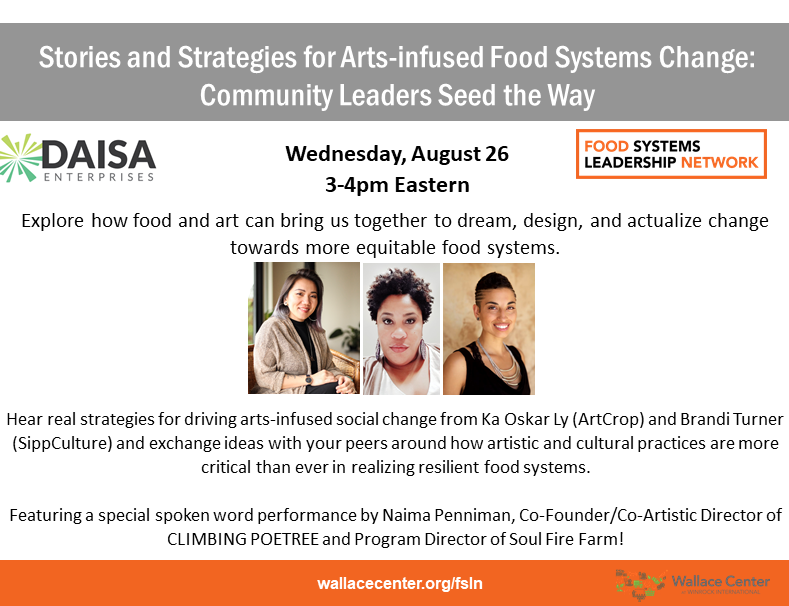
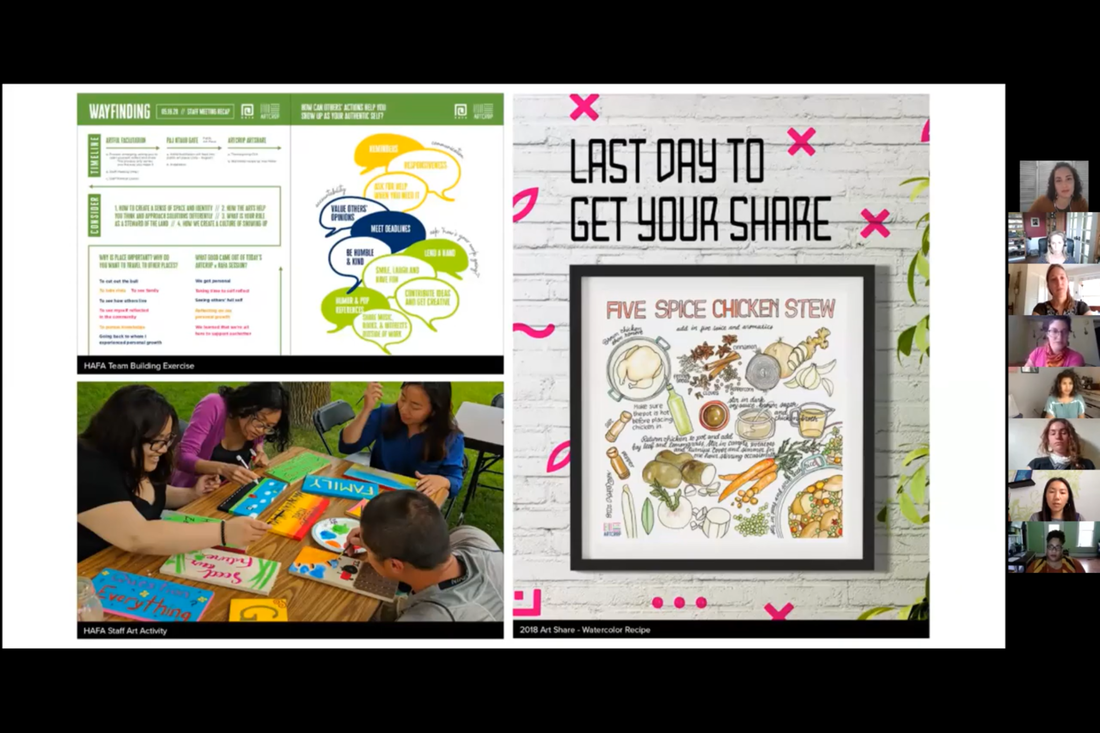
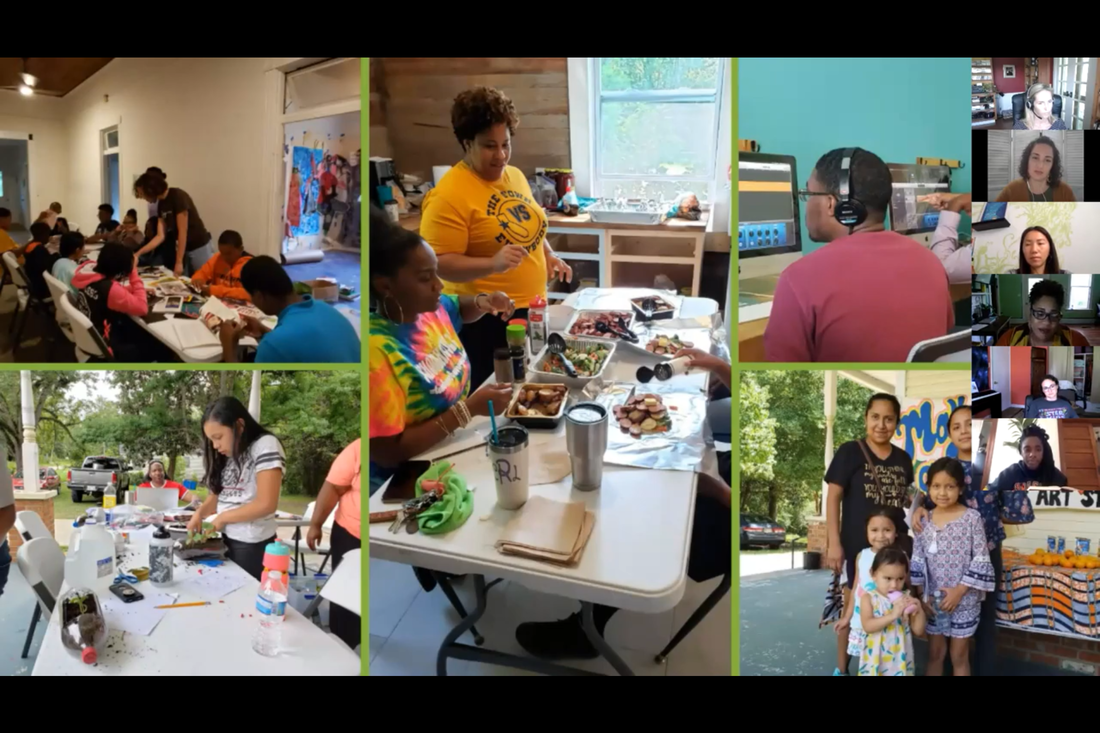
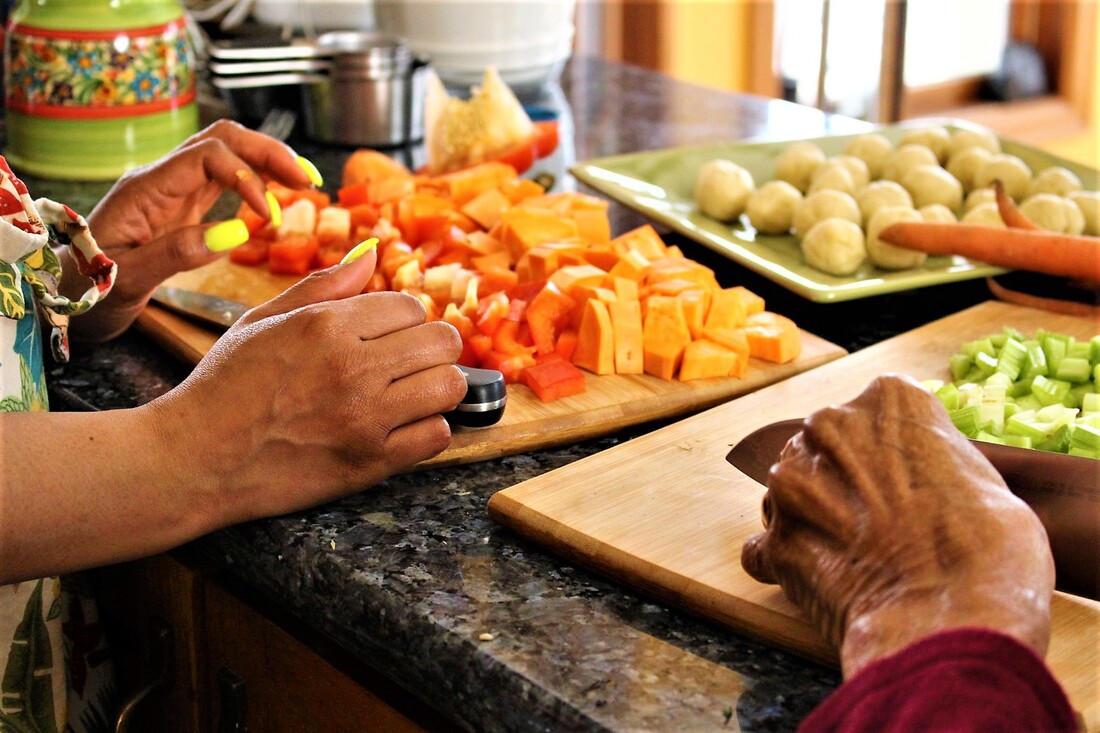
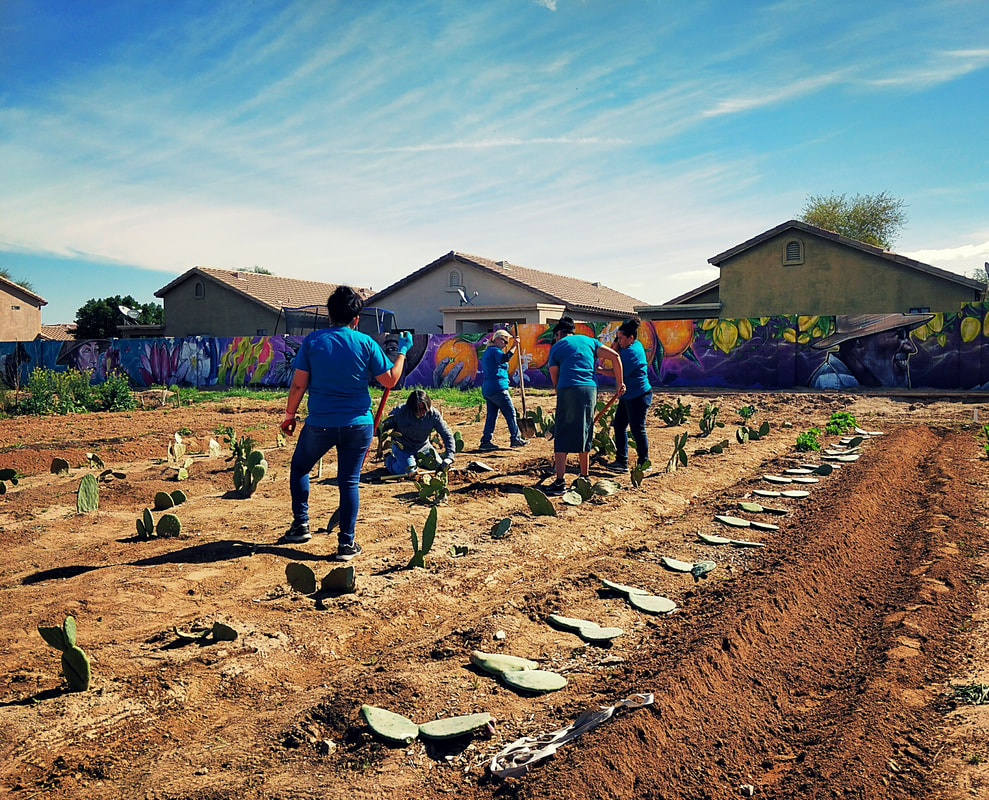
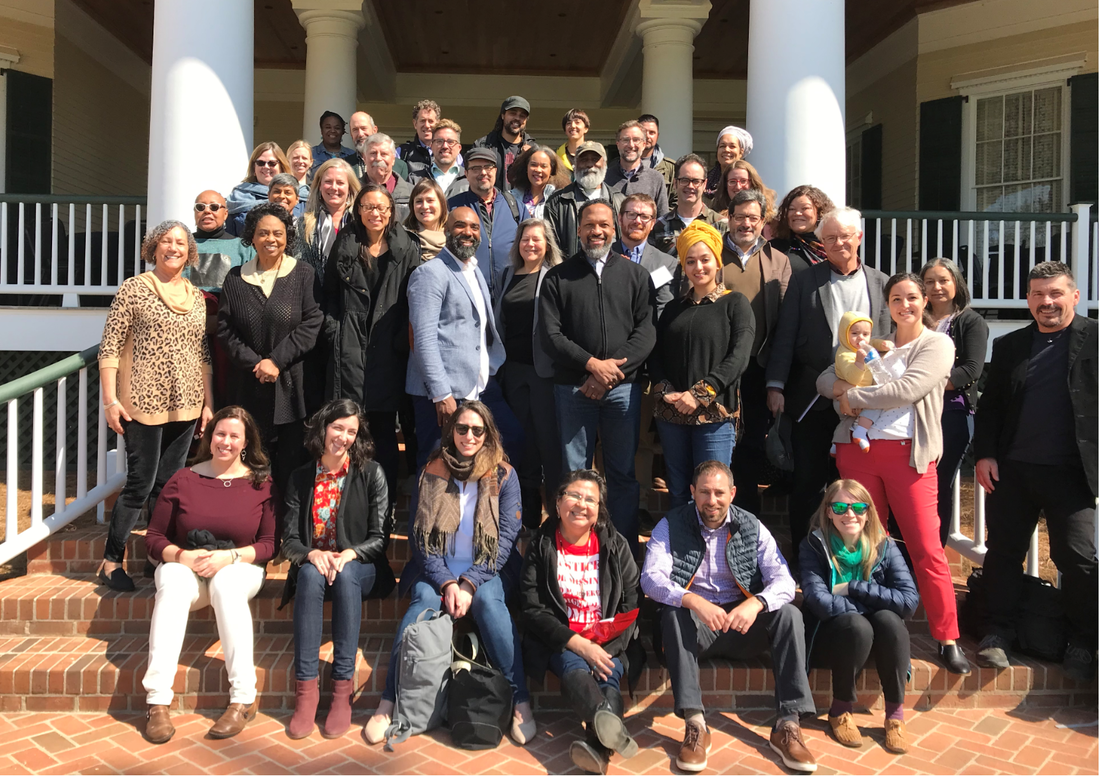
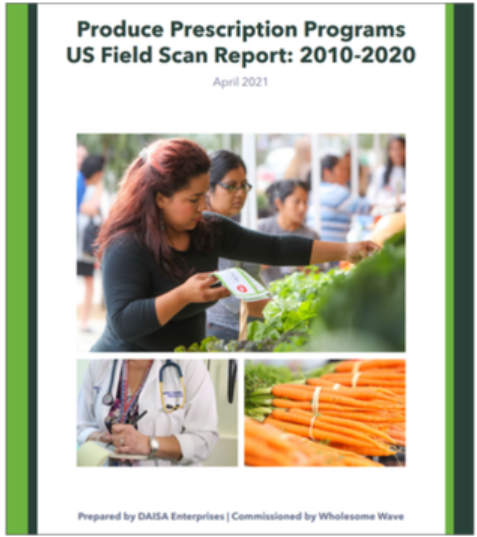
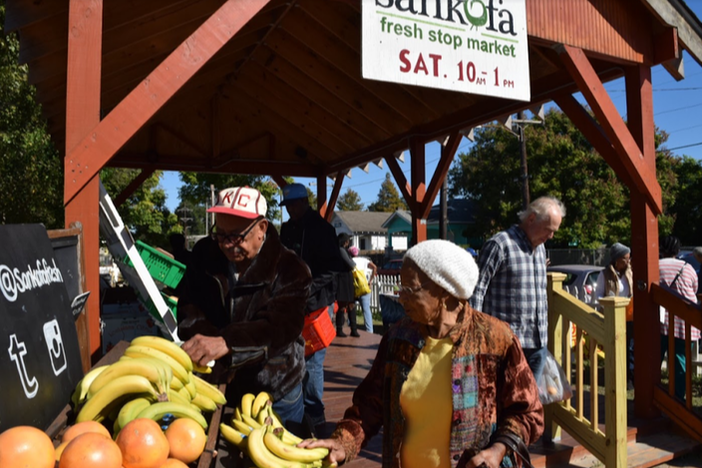
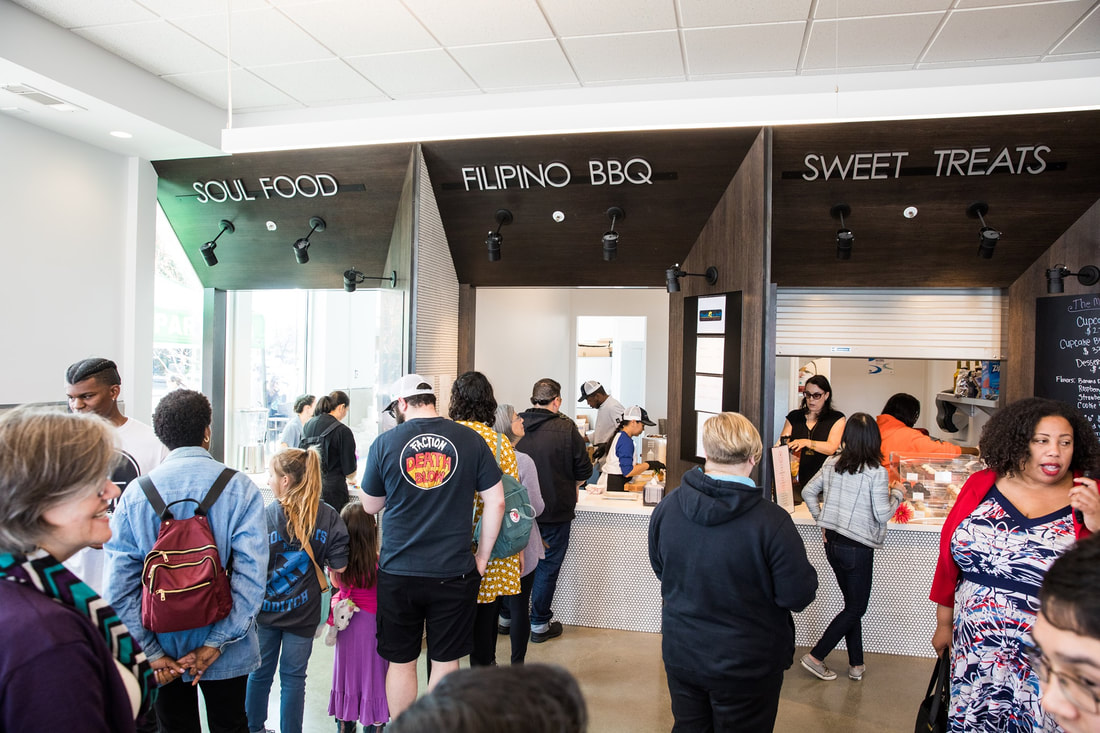
 RSS Feed
RSS Feed